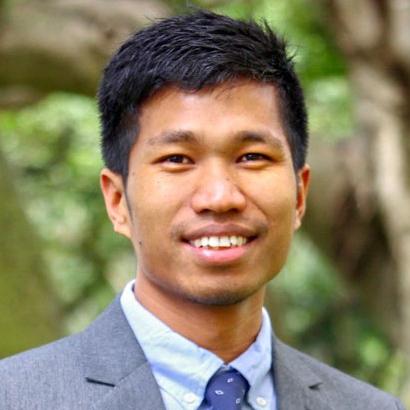Excessive and/or illegitimate police violence presents a challenge in every country of the world. The negative societal effects are numerous and consequential: Police violence degrades health outcomes, diminishes the quality of governance, and increases the probability of civil conflict. Despite the global nature of the problem, however, most research on police violence has focused on case studies in the United States, the United Kingdom, and Latin American countries.
With this CAREER award, Sabrina M. Karim, Government, is developing an overarching, evidence-based political framework for understanding police violence. Researchers will use cross-national, time series data to identify domestic and international political conditions in which various forms of excessive and/or illegitimate violence are more likely to occur. Using surveys of police personnel from around the world, researchers will also explore how individual interests and beliefs, as well as police unit cohesion, affect the propensity of individual officers and groups of officers to abuse their authority.
Through dual research and teaching agendas, this project will 1) develop a data-tested theory for analyzing global police violence; 2) gather cross-national data on police violence, police autonomy, and international police assistance; 3) assemble the largest collection of original survey data regarding police personnel around the world; and 4) implement a multifaceted educational program that will train undergraduate and master’s degree students in evidence-based strategies for mitigating police violence. The results will deepen our understanding of the complex dynamics of policing and police violence and will put evidence-based research into the hands of those making decisions and developing policies about police procedures at a national and international scale.






